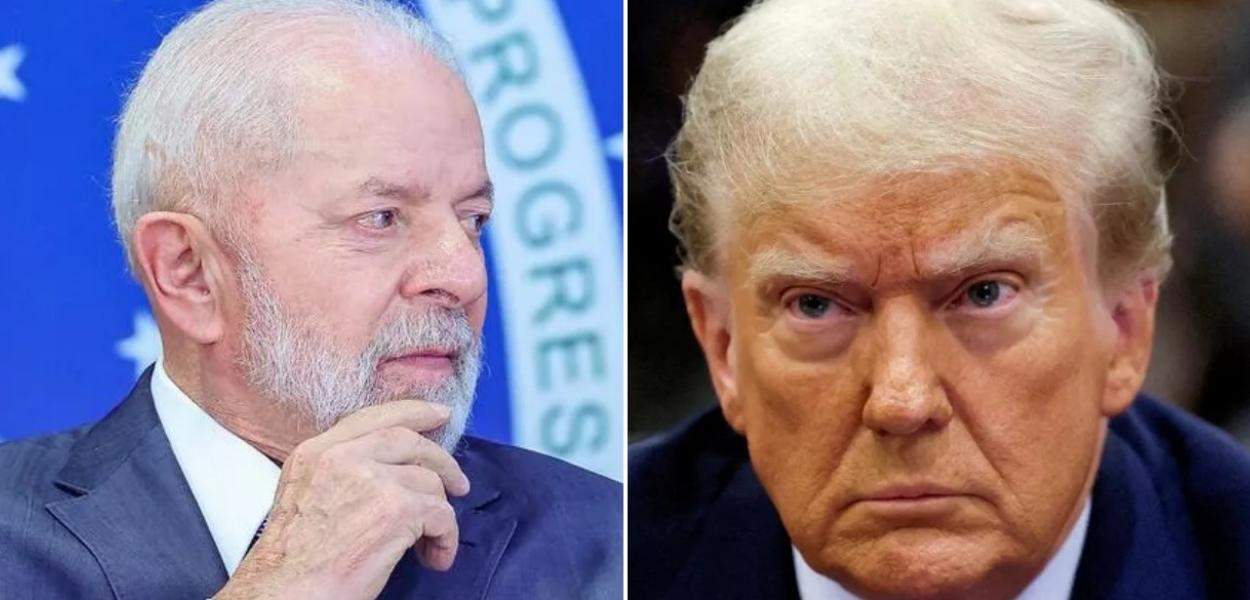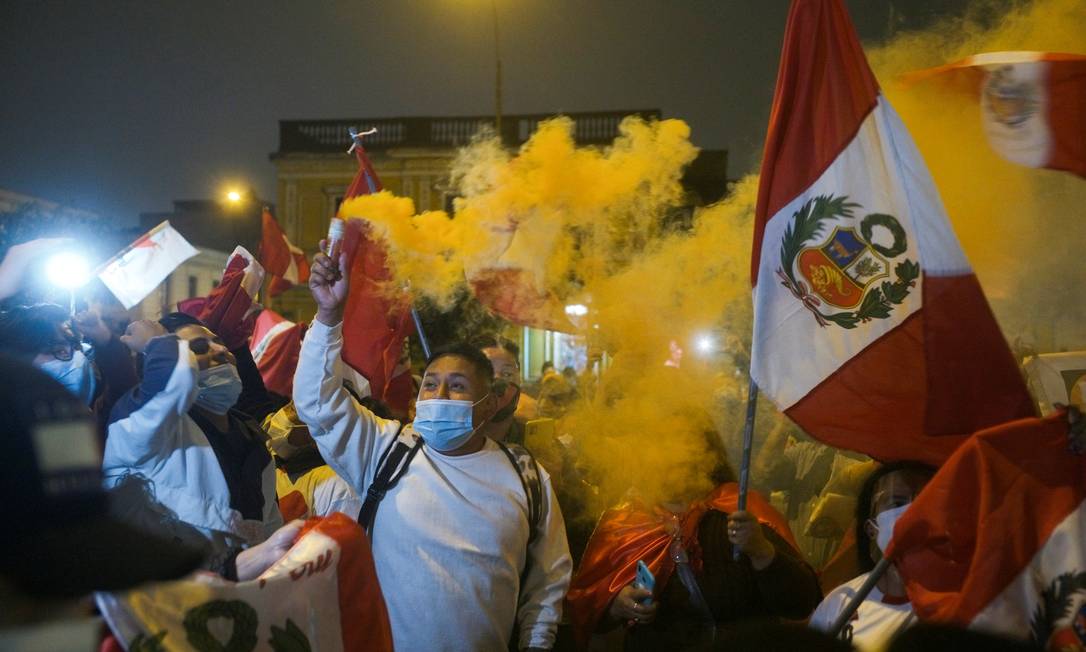
São Paulo – the new president of Peru, Leftist teacher Pedro CastilloHe will start his term next Wednesday, July 28, in a political crisis sparked by the insistence of second-place winner in the right-wing elections Keiko Fujimori not to accept the result of the vote count. For specialists, the situation in the country is a warning to the continent as it can serve as an inspiration for other leaders to question clean electoral processes when they are defeated.
Castillo won the second round, held on June 6, by a margin of 44,000 votes, a result that was already clear in the week after the election. However, Keiko Fujimori, daughter of former Peruvian dictator Alberto Fujimori (1990-2000), alleged falsification of the results. Without providing evidence, she filed more than 270 applications in the Peruvian Electoral Court to annul her opponent’s votes.
For scholar Moisés Marques, of the School of Sociology and Politics in São Paulo (Fespsp), Keiko follows a scenario similar to the text of former US President Donald Trump, creating a kind of regional political risk.
There are two dangerous patterns forming in Latin America. The first of highly polarized societies. The second is that the candidate who loses an election uses a ploy to say that there was fraud. He stresses that the case of Peru is not the first case in which this has occurred, but it shows the beginning of a potentially dangerous pattern in Latin America.
Requested: Castillo delivers a conciliatory speech in Peru, but he will rule under pressure from left and right
According to Marquez, this behavior undermines trust in institutions and puts democracy itself at risk.
Democracy must be a game that all participants in elections accept. He says that the defeated candidate playing the part of the population against the political system, courts and institutions, as Trump and Keiko did and Bolsonaro threatens to do, is a serious problem and tends to be a pattern.
The analyst also says that the behavior is not limited to right-wing candidates, citing as an example the current Mexican president, leftist Andres Manuel Lopez Obrador, who questioned the results of presidential elections in the past when he was defeated.
In Ecuador, this year, which finished third in the presidential race, indigenous left-wing leader Yaco Perez filed charges of fraud without providing evidence after losing his seat in the second round to banker Guillermo Laso, who ended up being elected.
successful strategy
Oliver Stoenkel, a professor at the FGV, says Kiko’s strategy of discrediting the election results even in the Organization of American States (OAS) has been relatively successful. This did not invalidate the election, but it did cause a large portion of the Peruvian population to question Castillo’s legitimacy.
– What is happening in Peru is a reflection that in Latin America, today, there is no normative context that pressures political leaders to respect the rules of the game. Kiko does not need to be afraid of revenge in the area, she works with impunity. This could serve as an inspiration to leaders in other countries – he says.
Plot:Lava Gato Peru investigates Keiko Fujimori for alleged money laundering in this year’s campaign
Internationally, the trend is toward a successful erosion of democracies to encourage other countries to follow suit, says Stoenkel.
– We can see this in recent cases in El Salvador, Nicaragua and Venezuela. We no longer have a multilateral body that most countries consider legitimate [que possa mediar e atenuar as crises]. The OAS has lost its relevance, and Unasur (Union of South American Nations) practically no longer exists – he says.
Stuenkel points out that in Peru, Castillo’s biggest challenge will be to finish his tenure, which is already starting to be fragile. The candidate – who has adopted a left-wing rhetoric in his election campaign, praised the Bolivarian model of Bolivia and Venezuela and proposed a new constitution for the country – has been seeking in recent weeks a dialogue with the center-left and center-left parties.
The Liberal Party of Peru, to which the new president belongs, has the largest seat in Congress but not the majority, controlling 37 of the 130 seats. And with the addition of allies, the ruling base comes to 45 parliamentarians.
Keiko – who was already in protective custody in the case being investigated for receiving illegal donations from Brazil’s Odebrecht – is likely to face further legal trouble. The candidate promised during the campaign that she would admit defeat, but knows that losing her third consecutive presidential election means being more exposed in the process she faces in court.
risk of rupture
For historian Alberto Aggio, Professor at Unesp, the possibility of a rupture in the Peruvian democratic system is not excluded.
During the campaign, there was a far-right campaign demanding the military to act against Castillo’s eventual victory. It has to be on the scene and it’s dangerous. Castillo is entering a state of fragility and must temper the radical left rhetoric to try to form alliances in a political scenario of great fragmentation – he asserts.
Agio says that despite the issuance of a note praising the electoral process in Peru, US diplomacy led by Joe Biden has not yet given clear signals about its position on the situation in Latin America.
– When the military regimes on the continent ended, the electoral solution was not in doubt, and there was no kind of criticism of the elections. Today, there is a global reaction, mainly from the far right, in the sense of delegitimizing representative democracy, including in Latin America – he asserts.

“Proud explorer. Freelance social media expert. Problem solver. Gamer.”

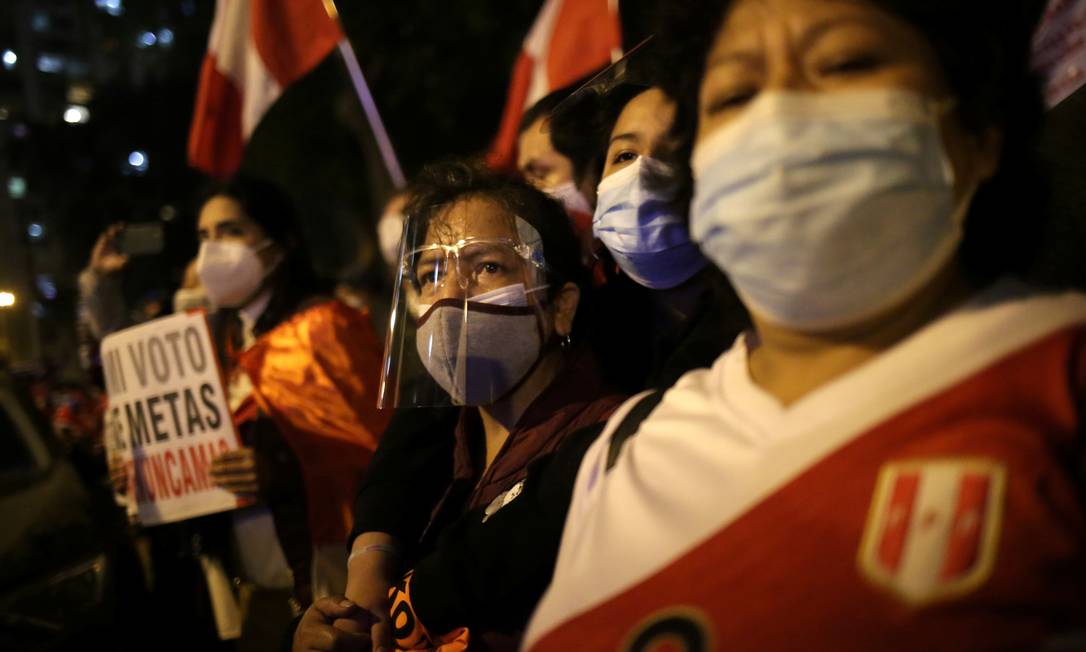
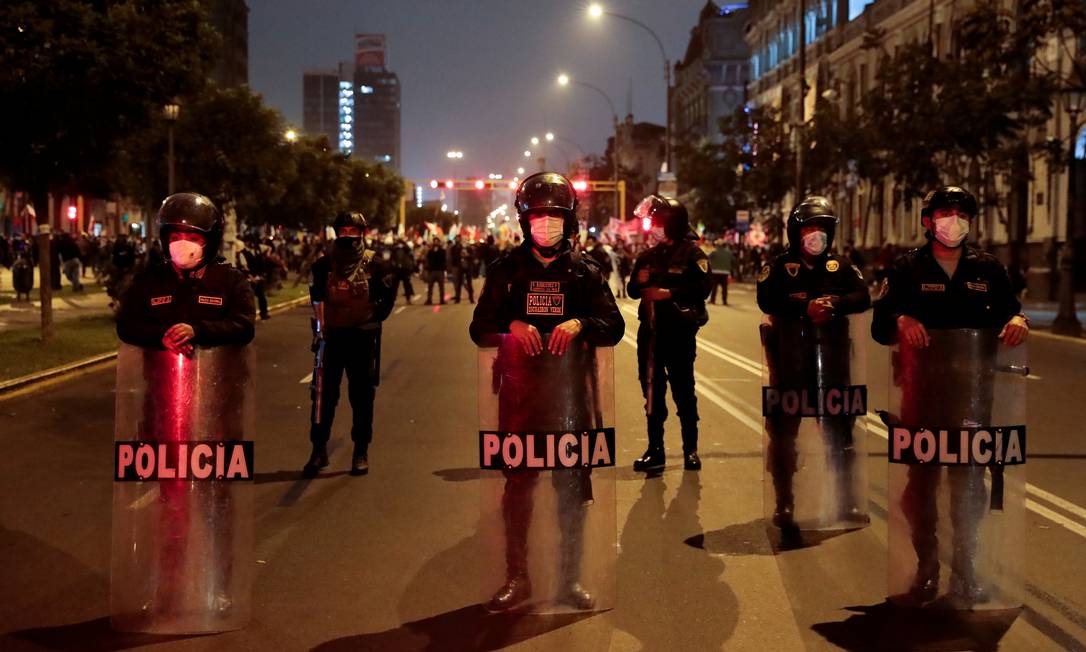
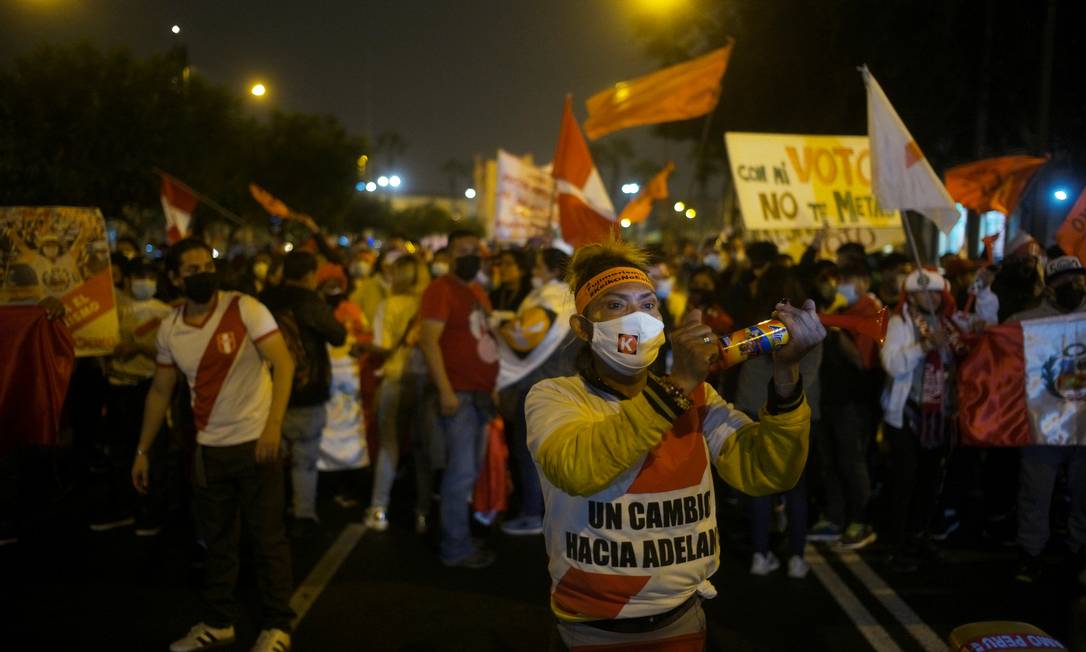
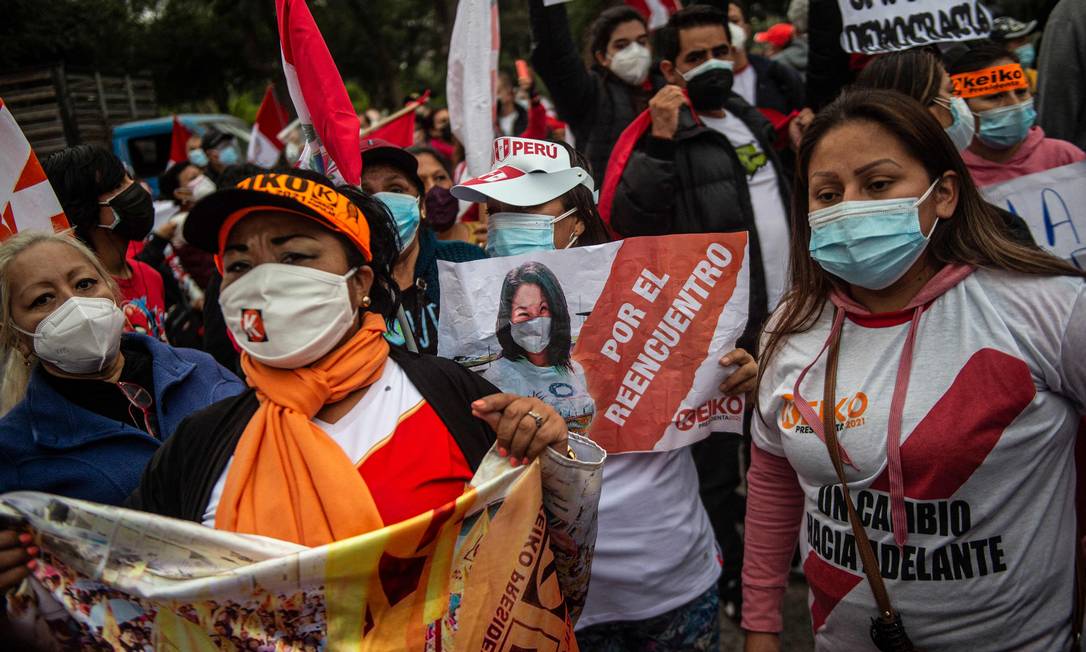
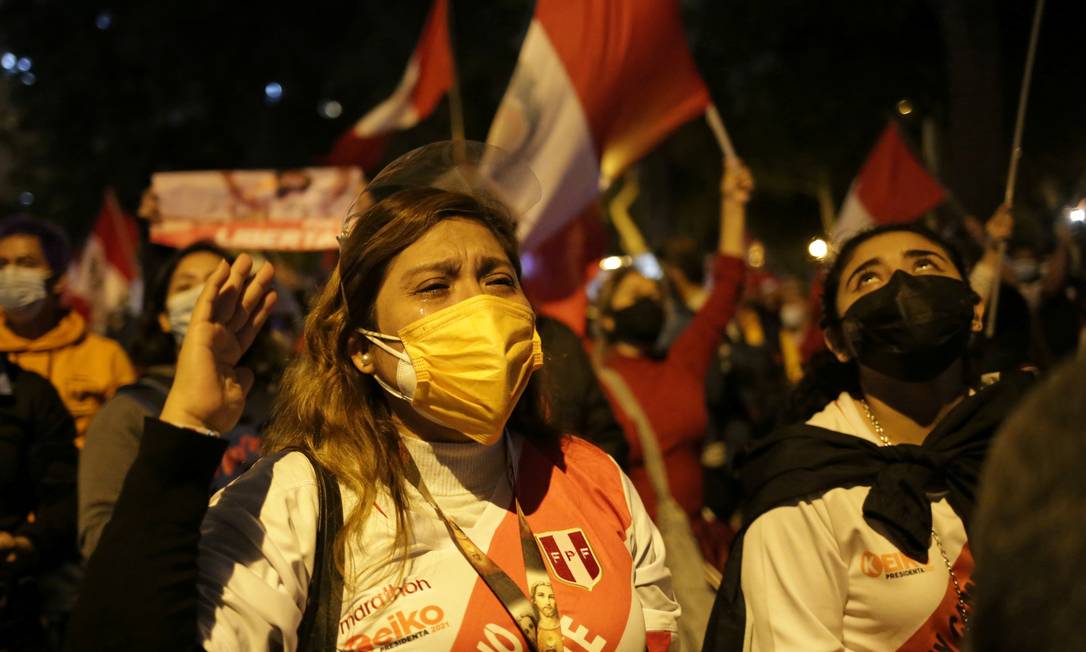
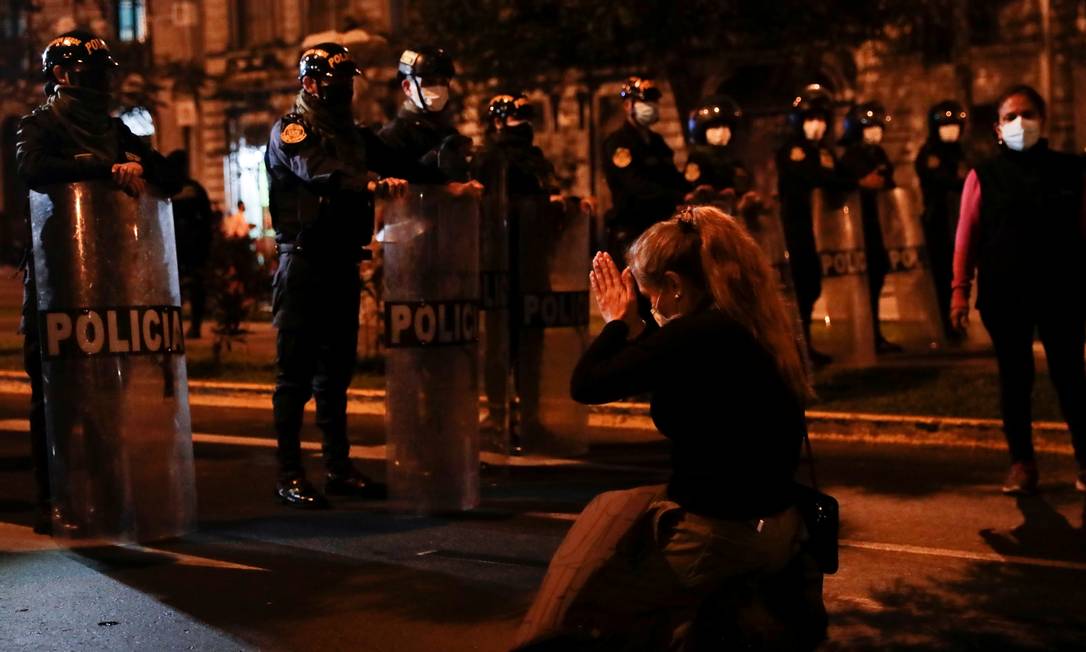

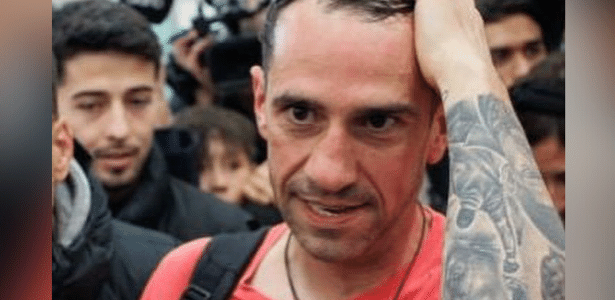
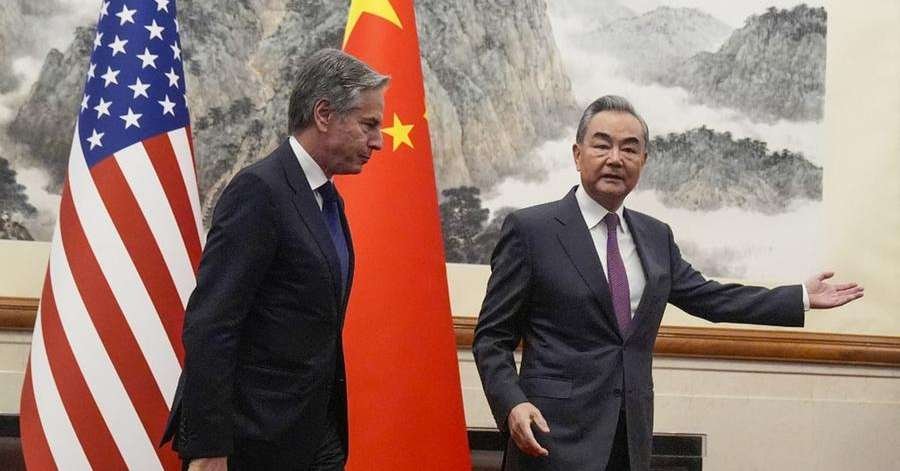

:strip_icc()/i.s3.glbimg.com/v1/AUTH_59edd422c0c84a879bd37670ae4f538a/internal_photos/bs/2024/x/h/ngHz2kQZOGLa80dBAGzg/2024-04-24t173617z-1304864685-rc25d7aohu6x-rtrmadp-3-usa-tiktok.jpg)
